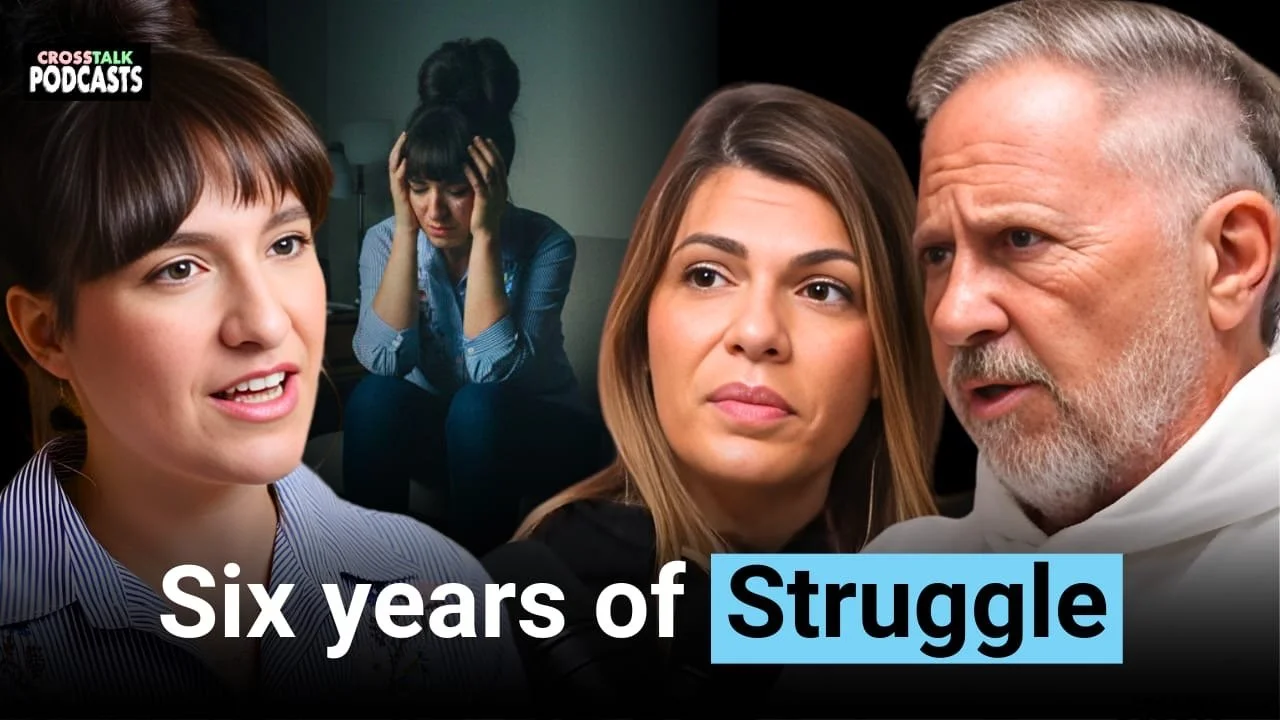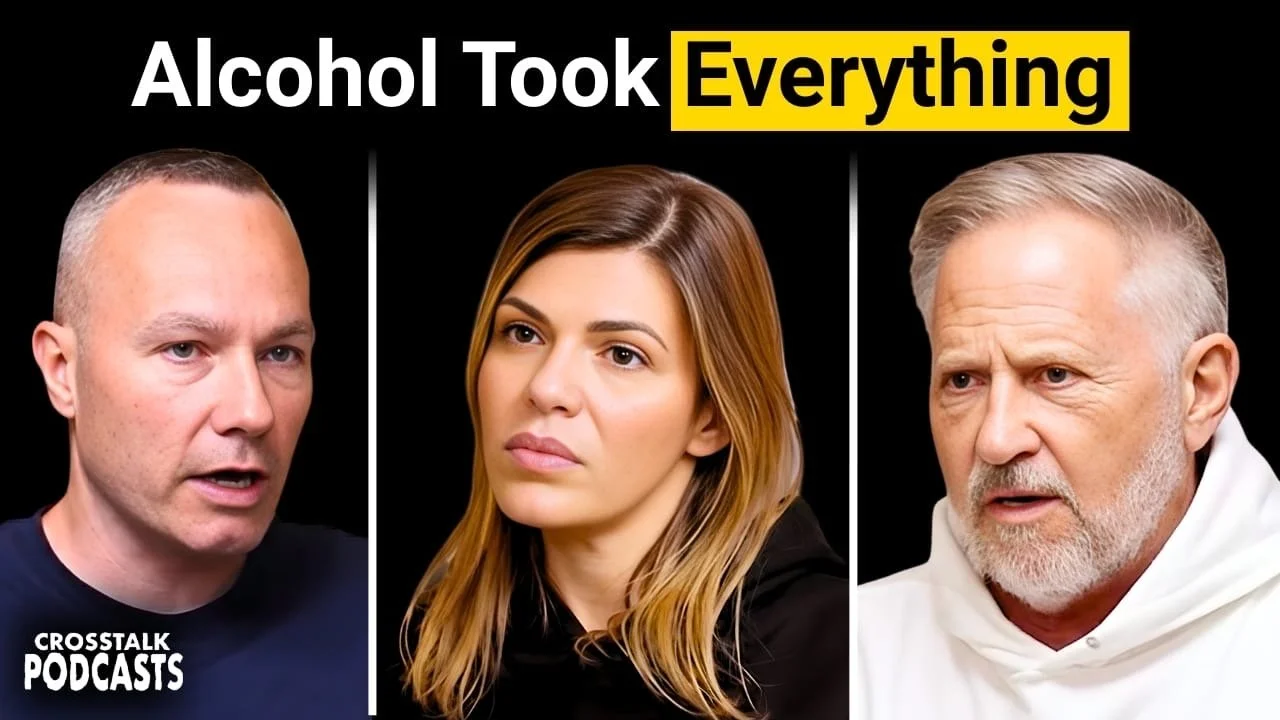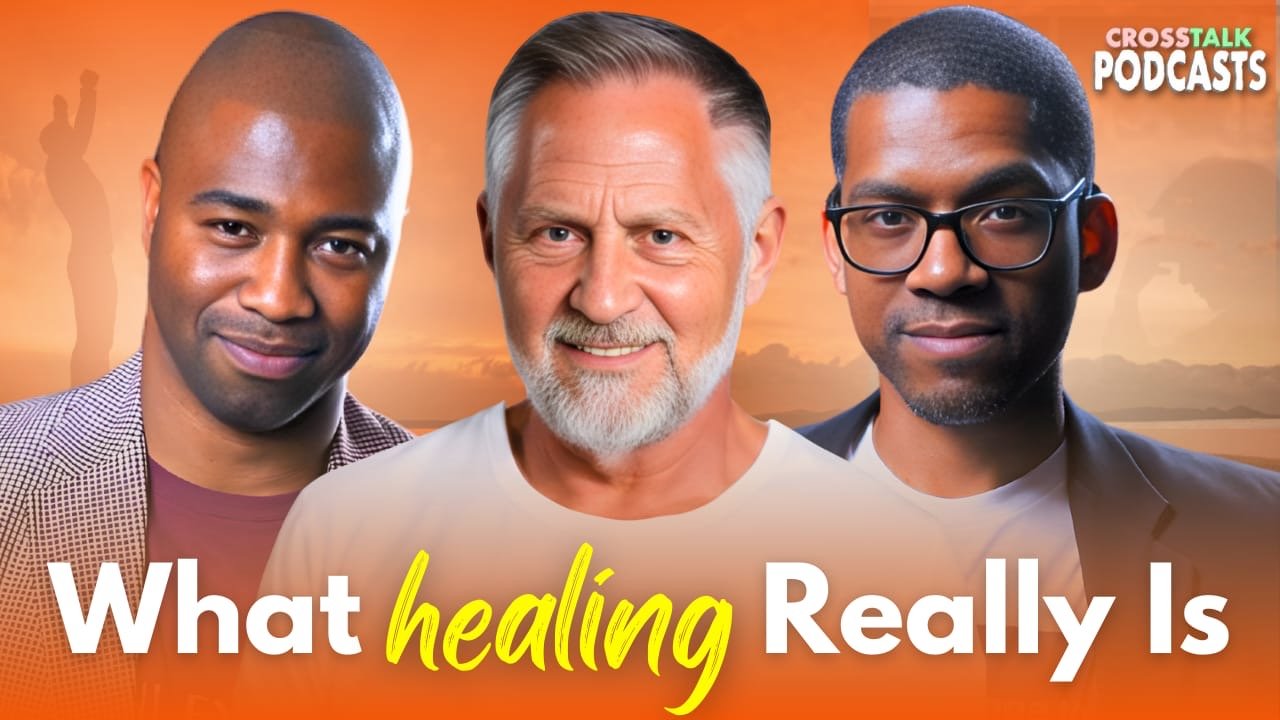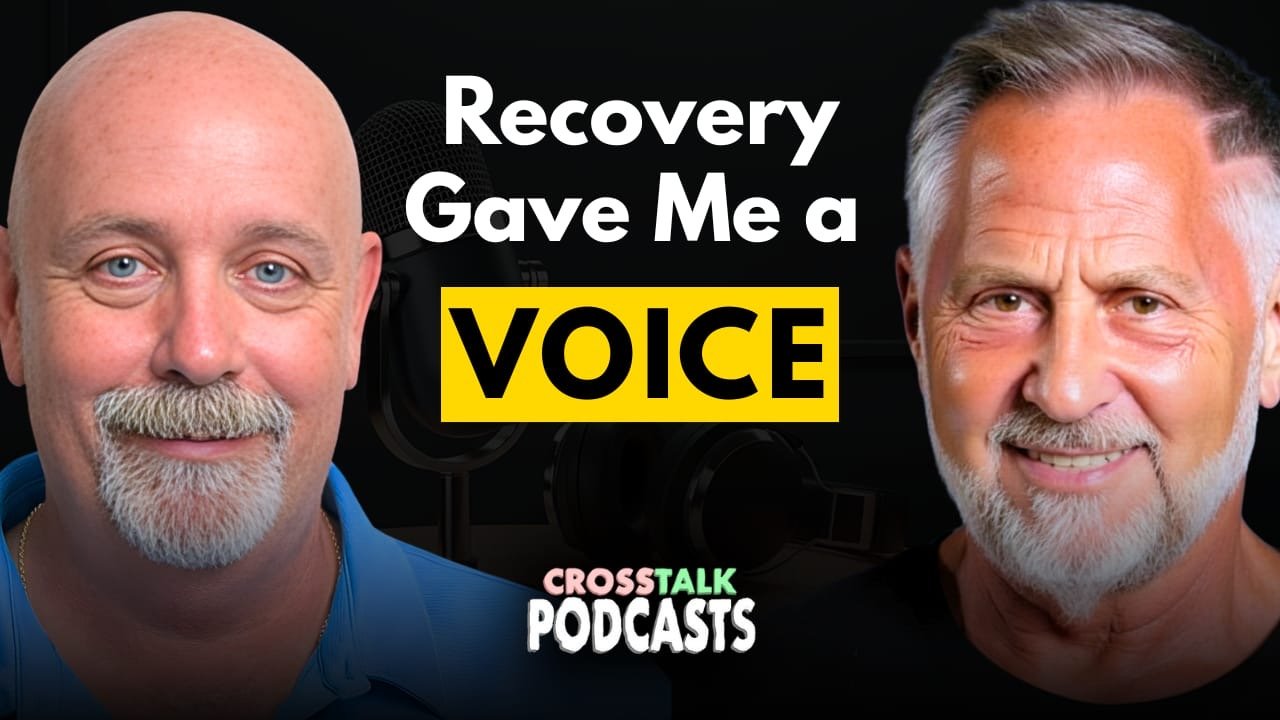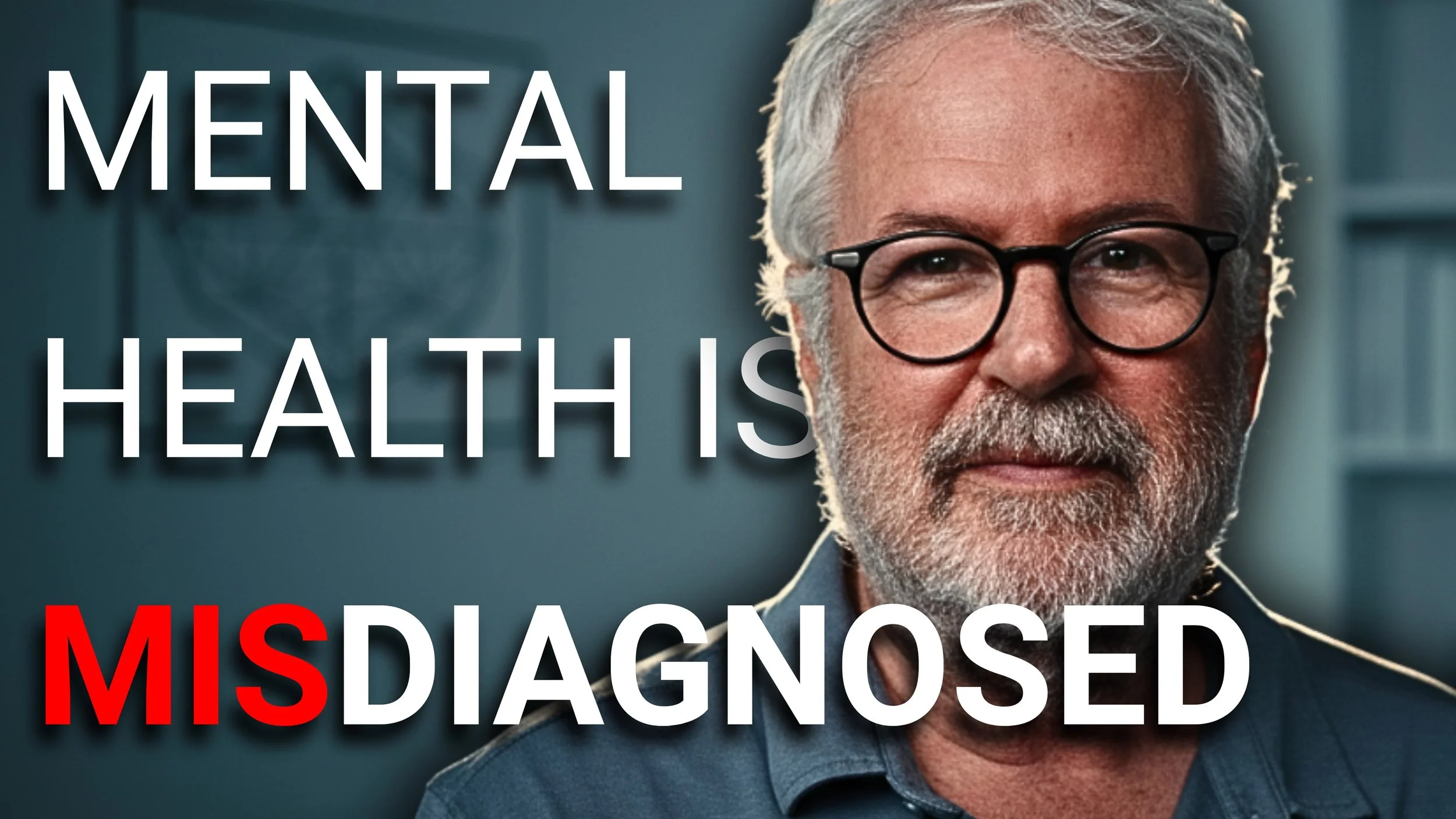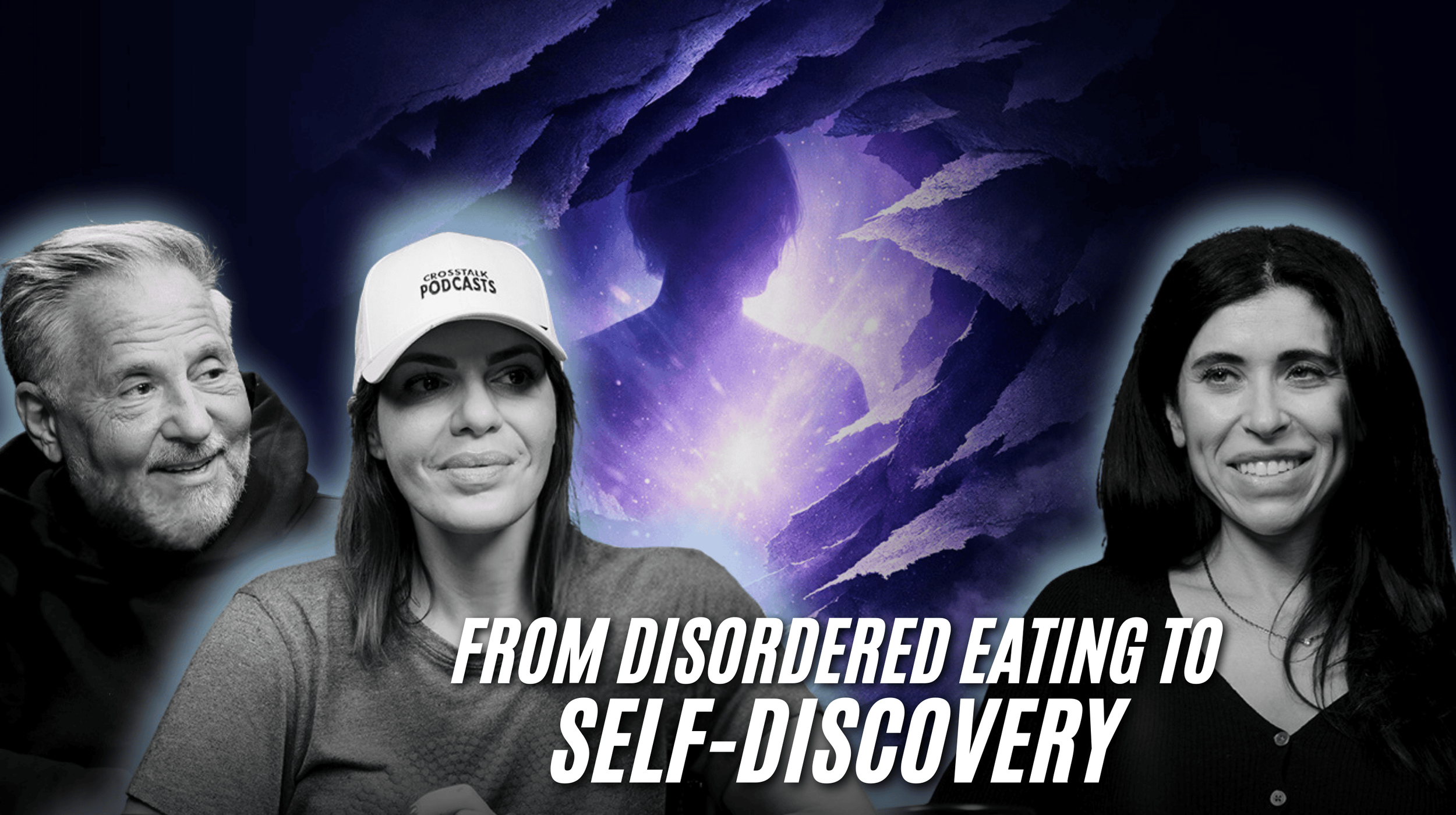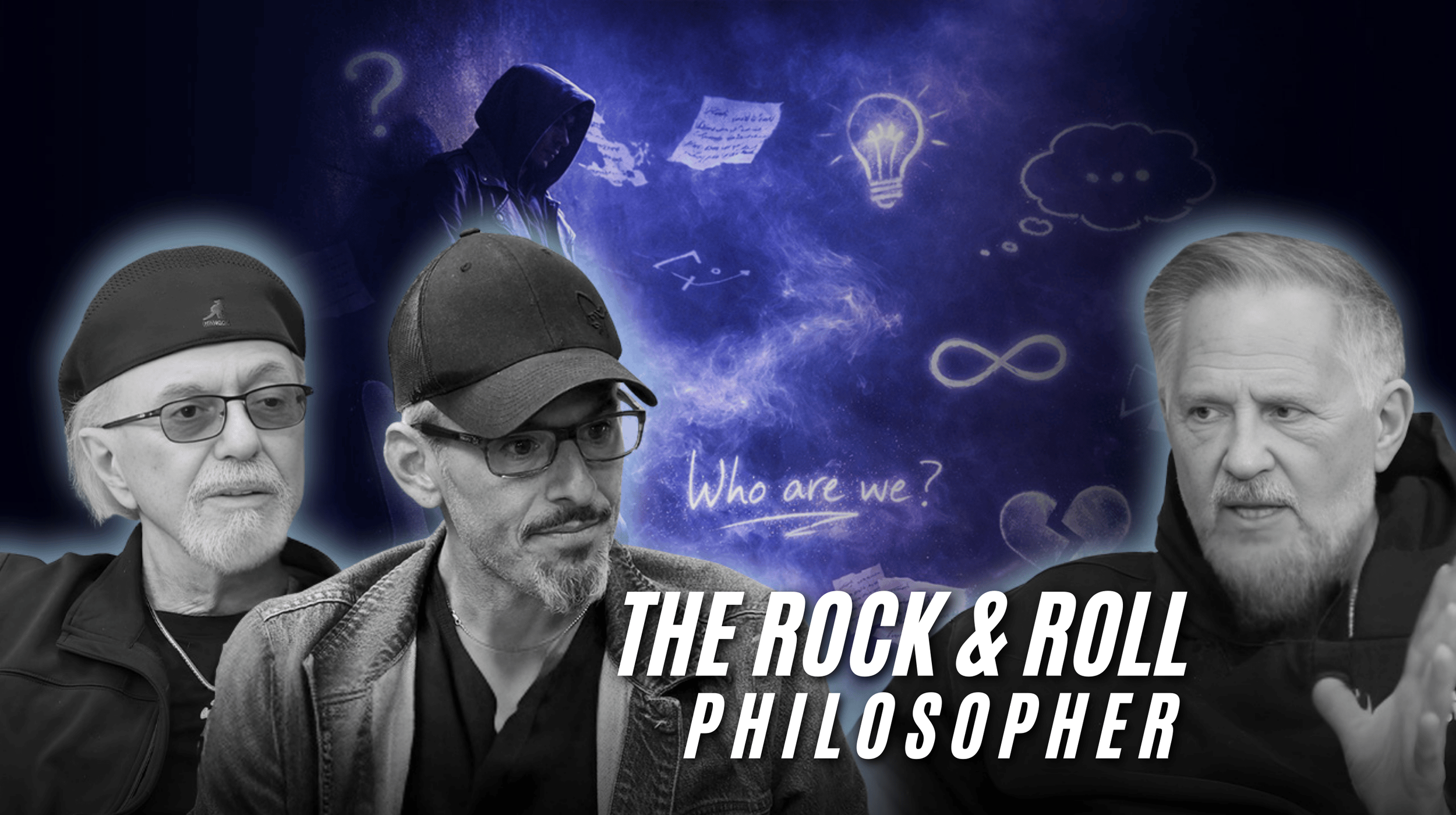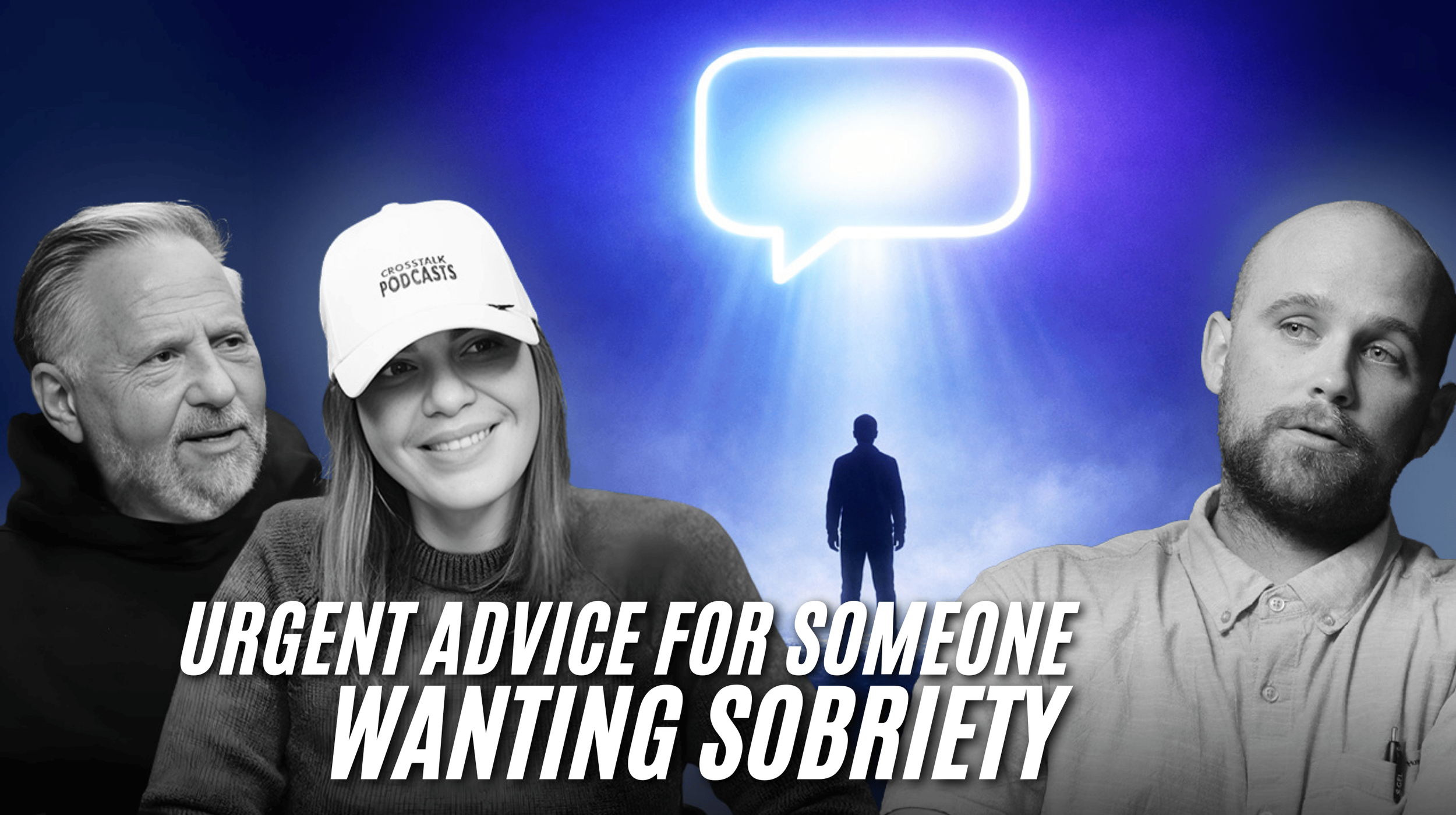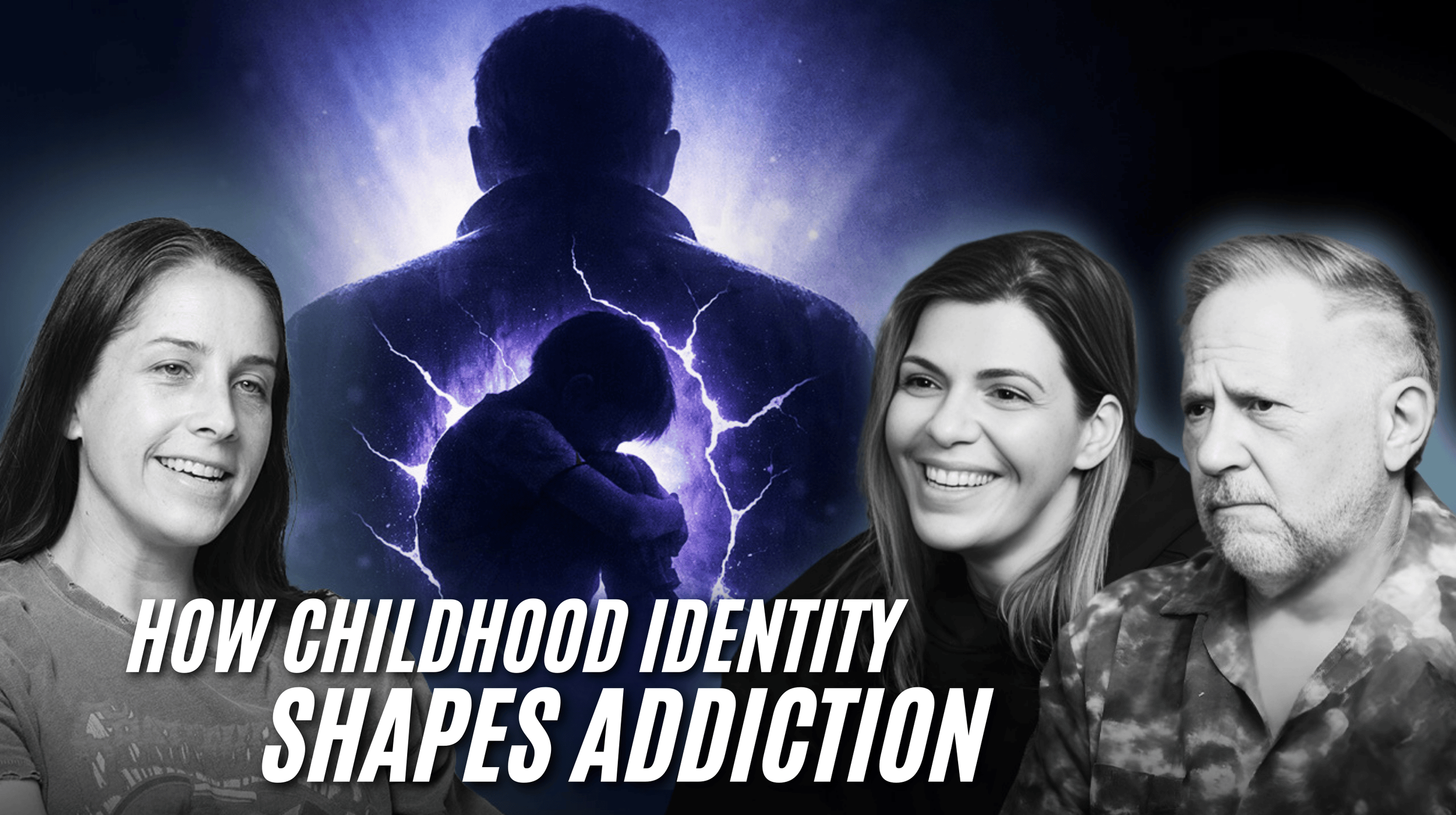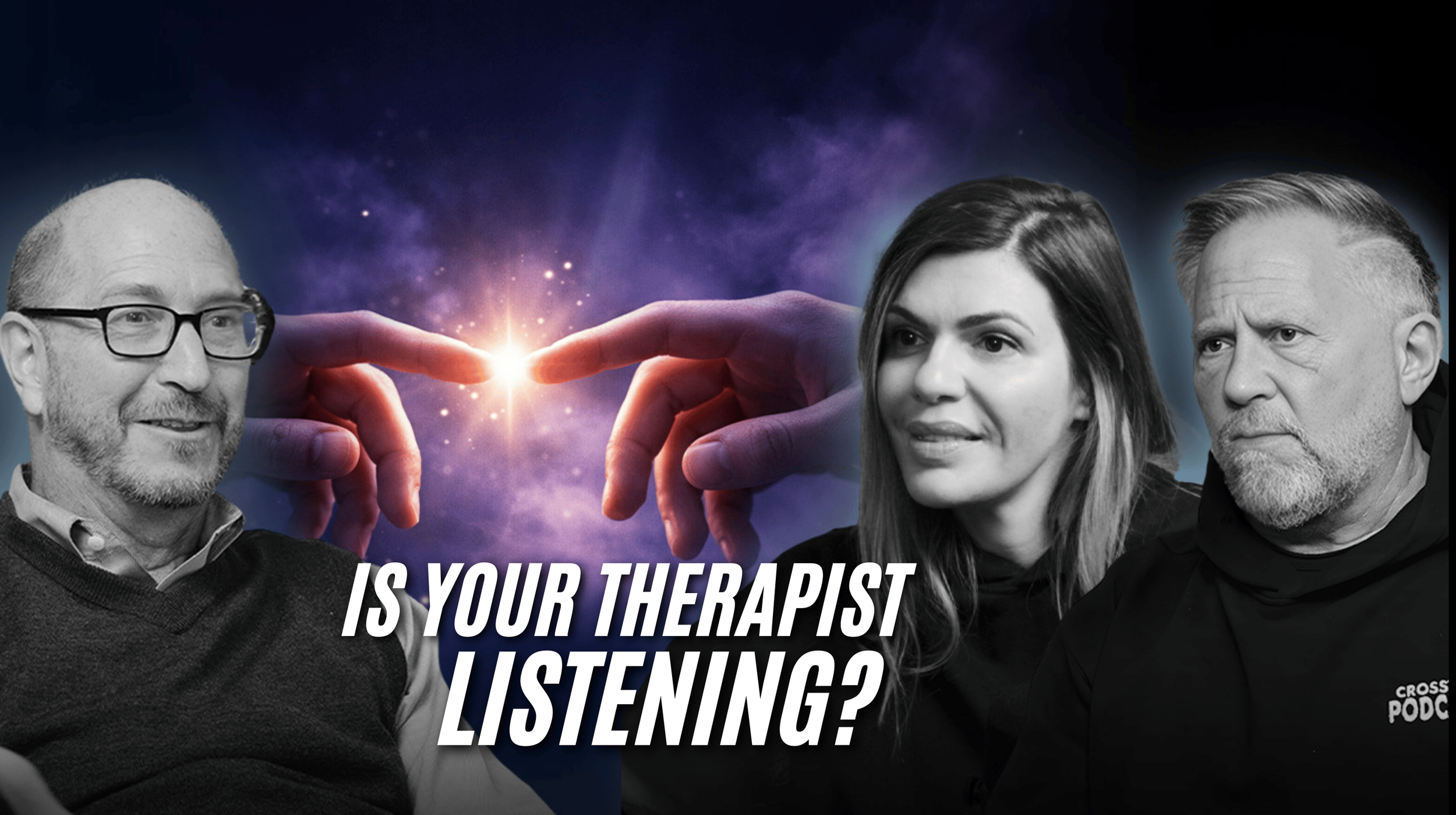Blindfolded by Alcoholism | John S.
Listen or watch on your favorite platforms
Meet Big John—a former football star, loving husband, and father—who seemed to have it all but was silently losing a generational battle with alcohol. In this powerful episode, John shares his raw and honest journey from secret binges to spiritual breakthroughs.
John grew up in a home where alcohol quietly haunted every corner. Despite early success in sports and business, his drinking spiraled—straining his marriage, endangering his son’s future, and ultimately leading to a heartbreaking ultimatum from his wife. Alone and ashamed, John walked into his first AA meeting in October 1990, not knowing it would change his life forever. Today, John lives a life of service and sobriety. With over three decades of continuous recovery, he honors the men who helped him heal, the fellowship that gave him purpose, and the power greater than himself that continues to guide him. His story is a testament to grace, grit, and the incredible power of connection.
Whether you're in recovery, questioning your relationship with alcohol, or love someone who’s struggling, Big John's story will move you deeply. Tune in for hope, wisdom, and the reminder that it’s never too late to change.
A childhood defined by Chaos
Big John’s story begins in Norwalk, Connecticut, where he was born in 1960. Raised in a family where alcohol had already wreaked havoc for generations, John was surrounded by an unspoken tension tied to drinking. “Alcohol has kicked my family’s ass for generations,” he says. Both of his grandfathers quit drinking before he could recall any traumatic moments firsthand, but the shadow of their addiction lingered in family dynamics. His father, a successful immigrant who came to America not speaking English, was a binge drinker—everything would be fine until it wasn’t.
When John’s parents divorced at age 15, it felt like a death. The emotional loss was profound, and though he continued with high school, excelling in football and enjoying popularity, the scars of that disruption shaped his perception of stability and relationships. Football became a saving grace, keeping him in check—at least temporarily. “Football was one of the greatest things that ever happened in my life,” he reflects.
The First Drink and the Escape It Brought
John’s first drink came at 15, riding down to the beach with upperclassmen and sipping on Schaefer Tallboys. He didn’t love the taste, but he liked the feeling. That initial escape provided a brief relief, which planted the seed for future dependence. “I didn’t really like the taste... but I liked the way it made me feel,” he recalls.
By college, without football to anchor him outside the season, drinking began to take up more space in his life. After sustaining an injury and losing his scholarship, he returned home to work in the family business—falling deeper into a cycle of drinking hard and working hard. Though the responsibilities came naturally, the pain was mounting beneath the surface. His relationship with his future wife, Kathy, became a mirror reflecting the issue he didn’t want to face.
The Grip of Addiction
John married Kathy in 1987, but the warning signs were already flashing. She urged him to get help, and he agreed—briefly. A counselor advised a 28-day treatment program, but John bolted out the door. “I stood up, walked out, and waited in the car,” he says.
Despite a growing family and financial success, John’s drinking escalated. He describes himself as a binge alcoholic: he didn’t drink every day, but when he did, it was full-blown. Even the birth of his son, John Jr., in 1989 didn’t immediately bring change. “I knew I had to stop... but I didn’t know how,” he confesses. His drinking wasn’t just affecting him—it was destroying his marriage and threatening his ability to be the father he wanted to be.
Active Addiction - The Descent
The breaking point came in October 1990. After one more binge, John returned home to find Kathy’s ultimatum waiting: “Get out, and don’t come back until you stop drinking. And even if you stop drinking, I don’t know if you’re coming back.” He left and ended up at his sister’s house, desperate and lost.
He turned to the Yellow Pages in search of help and found a counselor who gave him only one instruction: attend three AA meetings, then come back. Still skeptical, still seeking a shortcut, John walked into his first AA meeting on October 2, 1990. “I remember every color in the room,” he says. It was the first time he saw the 12 Steps on the wall—and something clicked. “When I saw the word 'God,' I felt peace... a calmness I hadn’t felt in years.”
The Path to Recovery
That day marked the beginning of a lifelong transformation. John returned to the counselor, who laid it out plainly: “You’re painted in a corner, and you’re f*cked.” He was given a choice—go to rehab or work the program. John chose to work it. He did 90 meetings in 90 days, got a sponsor, and restructured his life around recovery. His wife continued to attend Al-Anon, and slowly, trust was rebuilt.
“I haven’t had a drink since that night,” he says. What helped most wasn’t just the steps—it was the fellowship. Sponsors, mentors, and consistent meetings became the structure John needed. “God is everything or He is nothing. What’s your choice to be?” one of his mentors would often say.
Life today
Today, John lives a life of purpose, peace, and connection. He’s a husband, a father, and a sponsor to others—just as others once were for him. He’s proud of the legacy he’s now creating, one of healing rather than destruction. He speaks often of his mentors and those he’s helped, embracing the core AA principle: service.
He radiates calm and confidence. “The best advice I ever got? Don’t drink and go to meetings,” he says with a smile.
Now over three decades sober, John shares his story not to boast, but to offer hope. “If you’re sitting at a meeting, or reading this today—you don’t have to drink anymore,” he says. His life is proof that recovery is not only possible—it’s worth everything.
FAQs
1. What is binge alcoholism?
Binge alcoholism refers to consuming large amounts of alcohol in a short period, often followed by periods of sobriety, and can be just as dangerous as daily drinking.
2. Can someone recover without going to rehab?
Yes—many people, like John, recover through support groups like AA and counseling without inpatient treatment.
3. What role does family support play in recovery?
Family support, especially from informed partners or loved ones in Al-Anon, can be crucial for sustained recovery.
4. How does Alcoholics Anonymous (AA) work?
AA offers a structured 12-step program with meetings, sponsors, and spiritual principles to support long-term sobriety.
5. What is the significance of a "spiritual awakening" in AA?
It often marks a shift in perspective, where the individual accepts help, seeks connection with a higher power, and commits to helping others.
Related episodes
ABOUT CROSSTALK
CROSSTALK reveals real stories of everyday people and notable figures, sharing their journeys from struggles to life-changing 'aha' moments with all kinds .



 Spotify
Spotify





